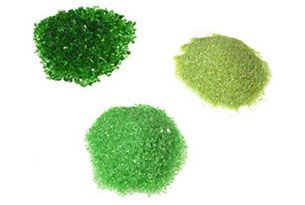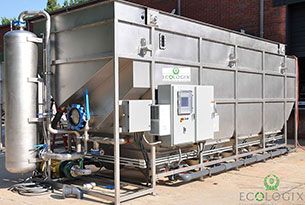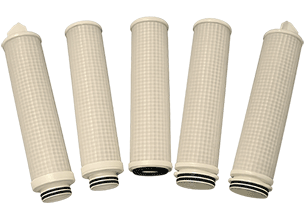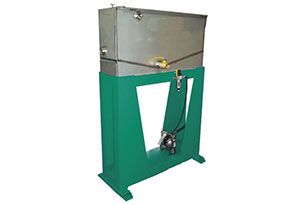Summary
Effectively managing oily wastewater is a cornerstone of industrial environmental stewardship and regulatory compliance. Industries ranging from oil and gas production to food processing and metal finishing generate effluents laden with oils and greases that pose a significant threat to ecosystems. Ecologix Environmental Systems addresses this challenge with a comprehensive portfolio of separation technologies. Their approach recognizes that not all oil is the same; it can exist as free-floating, dispersed, or tightly emulsified phases, each requiring a distinct removal strategy. By offering an array of systems from basic gravity separators to advanced filtration media, Ecologix provides tailored, multi-stage solutions to purify contaminated water.
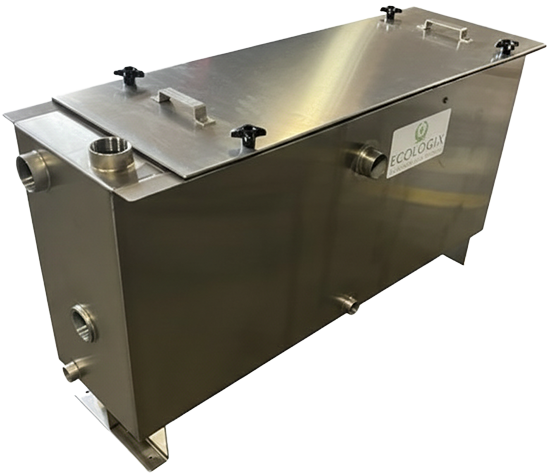
Foundations of Gravity Separation: API Separators
The first line of defense in oil water separation often relies on the simplest principle: gravity. Because oil is less dense than water, larger oil droplets will naturally rise to the surface over time, a process described by Stokes' Law. The classic technology based on this principle is the API Oil Water Separator, named for the American Petroleum Institute which developed its design standards. Ecologix engineers these large-scale separators in both above-ground and below-ground configurations. Above-ground units allow for easy access and maintenance, while below-ground models are ideal for facilities with limited space, such as fueling stations or vehicle wash bays. While highly effective for the bulk removal of free oil, these systems can get large and while very effective at removing free oil, they are less efficient at capturing smaller, mechanically emulsified and chemically dispersed oil droplets.
Continuous Oil Recovery with the Skim Loop System
Once gravity has done its work, the separated oil must be continuously and efficiently removed from the water's surface. For this crucial step, Ecologix offers the Skim Loop oil water separator. This system provides a simple yet highly effective method for capturing free-floating oils from tanks, basins, and sumps. The Skim Loop uses a specialized floating weir and trough to create a gentle surface current that continuously draws the accumulated oil layer from a wide area towards a central collection point. The concentrated oil then decants into a collection chamber, effectively removing it from the main body of water. This design is exceptionally reliable due to its minimal moving parts, ensuring low maintenance and consistent performance. By providing constant removal, the Skim Loop prevents the separated oil from being re-emulsified by turbulence, making it a critical component for maximizing the efficiency of any gravity separation system.
Advanced Treatment for Emulsified Oil Streams
When oil is chemically bound to water in a stable emulsion, gravity-based methods are ineffective. For these challenging wastewaters, Ecologix utilizes enhanced Dissolved Air Flotation (DAF) systems, often in conjunction with chemical pre-treatment. This single-paragraph mention is crucial as it addresses a key separation challenge. In a DAF unit, air is dissolved into the process water under pressure and then released, forming a cloud of microscopic bubbles. These bubbles attach to destabilized oil particles and other suspended solids, rapidly floating them to the surface where a mechanical scraper removes the resulting sludge layer. The Water Environment Federation (WEF), a prominent non-profit organization in the water quality field, identifies DAF as a critical technology for clarifying industrial wastewater containing emulsified oils, fats, and greases that cannot be removed by simple sedimentation or gravity separation alone.
The Chemical Key to Unlocking Emulsions
The mechanical efficiency of systems like dissolved air flotation hinges on proper chemical pre-treatment, a specialty of Ecologix. To break stubborn emulsions, demulsifiers can be introduced. These specialized chemicals work to neutralize the emulsifying agents that stabilize oil droplets, allowing them to be separated. Following any demulsification, coagulants and flocculants are often added. Coagulants destabilize the fine oil particles and chemically emulsified oils, while long-chain polymer flocculants bind them together into larger, more robust flocs. This chemical conditioning step is critical for aggregating the contaminants into a state where they can be effectively removed by the flotation process.
Polishing with Specialized Adsorptive Media
For applications requiring extremely low effluent oil concentrations, a final polishing step is essential. Ecologix offers specialized filtration media for this purpose, most notably Organoclay. Organoclay is a modified bentonite clay that has been chemically altered to make its surface organophilic, or oil-attracting. As water passes through a vessel containing organoclay, residual oils, greases, and other low-solubility organics are adsorbed onto the media's surface, effectively stripping them from the water. Research from university environmental engineering programs, such as those at Texas A&M University, has demonstrated the high efficacy of organoclays in removing dissolved and trace amounts of hydrocarbons from water, making them an ideal polishing agent.[1]
High-Efficiency Polishing with AGFM and Activated Carbon
For the ultimate polishing of wastewater, Ecologix moves beyond traditional media and employs advanced solutions like Activated Glass Filter Media (AGFM). AGFM is an innovative filtration material made from recycled glass that serves as a highly efficient, direct replacement for sand. Its crushed, angular particles have a slight negative surface charge, which allows them to electrostatically attract and capture even very fine suspended solids and metal ions from the water stream. Furthermore, the non-porous surface of the glass is highly resistant to biofouling, preventing the formation of bacterial slime that can plague traditional sand filters and reduce their effectiveness. This results in superior filtration performance, reduced backwashing requirements, and a longer operational lifespan. For the final removal of dissolved organic compounds and trace hydrocarbons, this advanced particulate filtration is often paired with activated carbon, which uses adsorption to ensure the final effluent is exceptionally pure and clear.
Ultimate Polishing with Specialized Cartridge Filters
For applications demanding the highest purity effluent, Ecologix offers a final polishing stage using advanced cartridge filtration. The MCM (Maximum Capacity Media) cartridges are specifically engineered to remove trace amounts of oils and greases, ensuring compliance with the most stringent discharge regulations. What makes MCM cartridges unique is their ability to effectively capture not just free and dispersed oils, but also chemically emulsified oils, a feat traditional filters cannot achieve. At controlled flow rates, the specialized media within the cartridge has a powerful affinity for hydrocarbons, allowing it to break the emulsion and permanently capture the oil.
Sources
Have a project you would like to discuss?
Contact Ecologix Environmental Systems today to learn more about our engineered solutions.
Contact Us